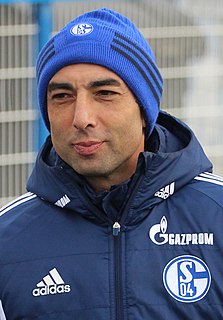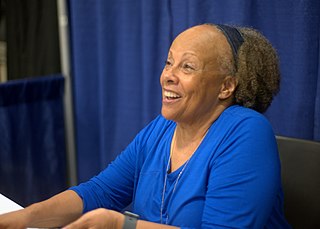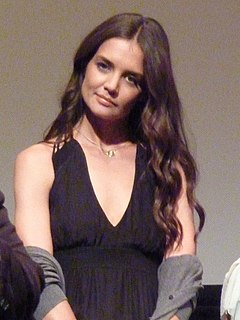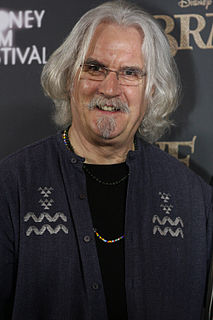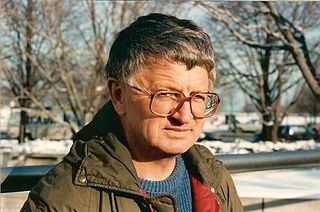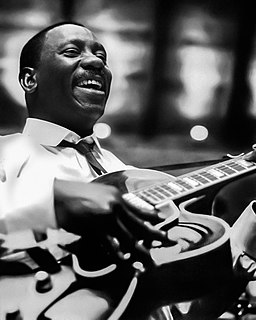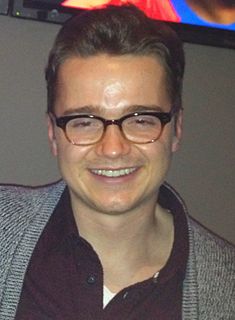A Quote by KT Tunstall
My parents' concern has been one of my greatest assets - I needed something to kick against. If they'd supported me every step of the way I might not have had enough fire in my belly to get where I have. Then I think: was this whole thing reverse psychology, did you really go to those lengths?
Related Quotes
I think subconsciously or selfishly I knew that I was supposed to do something. It was like a thumping or a throbbing saying, "Yes, this what you've been waiting for." But you're a little dim to those spiritual thoughts when you're dumb like me. So I did have to get a little bit of a kick. I played it for a bunch of people and I think their reactions were warm and deep enough that they gave me the courage to get [the record] out there.
I've always been a daydreamer, and sometimes in lessons my mind would drift and I'd imagine that on the way home a terrorist might jump out and shoot me on those steps. I wondered what I would do. Maybe I'd take off my shoes and hit him, but then I'd think if I did that there would be no difference between me and a terrorist. It would be better to plead, 'OK, shoot me, but first listen to me. What you are doing is wrong. I'm not against you personally, I just want every girl to go to school.'
I wondered if the fire had been out to get me. I wondered if all fire was related, like Dad said all humans were related, if the fire that had burned me that day while I cooked hot dogs was somehow connected o the fire I had flushed down the toilet and the fire burning at the hotel. I didn't have the answers to those questions, but what I did know was that I lived in a world that at any moment could erupt into fire. It was the sort of knowledge that kept you on your toes.
I was in a pharmacy and I saw the warnings on the backs of poisonous substances, and I thought, "Well, that's what I can do." So I wrote a list of ingredients in the book, and warnings that they shouldn't consume those ingredients. The editor and the publisher thought that it was a great way to go in terms of reverse psychology, but it honestly hadn't occurred to me that it was reverse psychology. I just thought that it was sort of an honest assessment making clear that if you were timid or easily disturbed, you could turn away.
I don't think we know yet what broadcast television did to us, although it obviously did lots. I don't think we're far enough away from it yet to really get a handle on it. We get these things, I think they start changing us right away, we don't notice we're changing. Our perception of the whole thing shifts, and then we're in the new way of doing things, and we take it for granted.
Are they real fires? Or are people just reacting to something? Just because there’s an alarm going doesn’t mean it’s a fire. And I think that people are confusing the two. It’s only a fire when it offends the fans, and the fans turn on you. Tosh has fans, and they get the joke. If you’ve watched enough Tracy Morgan, you let the worst thing go by. When did Tracy Morgan become Walter Cronkite? You have to mean something to me to offend me. You can’t break up with me if we don’t date.
There were choices that we've made as a Little Dragon, that we had to make at the time because we needed the money. I think everything has its context. It is way easier to say no to things now then it was five years ago, for sure. Back then we were grabbing at every opportunity we could just to sustain a name and let people know, "Hello, hello! We're here! Look at us!" It's really sort of taken its time and grown, and it's been a very step-by-step process.
I didn't know enough as a writer to understand why I needed to do this, but I understood in a very gut way that I could not entertain those thoughts of pleasing people and write this book - that it would be a very different book. Without really sort of investigating that instinct, which I'm glad for, I just made a conscious decision to put blinders on and not think about anything and put it all in. And I did. I put everything in. I had to look at the whole picture to see what I needed.
I think it was around the time of doing those shorts. [Producer] Christine Vachon, I had a meeting with her, and she mentioned the short, this AOL short, and asked if I wanted to do one. And then the next step was the "30 for 30," and again that boosted my confidence enough to decide I'm going to do a feature narrative. And I was supported by my agency, and [producer] Jane Rosenthal has been an exceptional friend, and she produced "All We Had," she encouraged me to do the "30 for 30."
So I made an outline. Well, you know, days are going by, and I am not writing anything because this thing is laid out in front of me. It's as if you get every brochure for a trip you are going to go on and you get the minutest details of every step along the way. Well, I really doubt you're going to then get in the car and go. You know, it's like, why bother if it's all laid out in front of you?
You know, John Coltrane has been sort of a god to me. Seems like, in a way, he didn't get the inspiration out of other musicians. He had it. When you hear a cat do a thing like that, you got to go along with him. I think I heard Coltrane before I really got close to Miles [Davis]. Miles had a tricky way of playing his horn that I didn't understand as much as I did Coltrane. I really didn't understand what Coltrane was doing, but it was so exciting the thing that he was doing.
When I was in high school, my parents had this power over me - if I ever lied or got caught doing something that I shouldn't be doing, then I would no longer be able to go to LA and continue to pursue the acting thing. So that was this sort of looming thing they could had over me that just sort of really kept me in check throughout those formative years where you would typically be lying and doing bad stuff.

